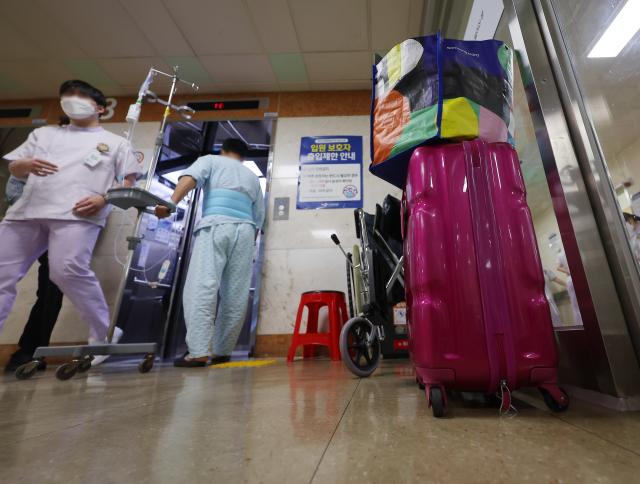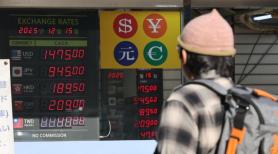
SEOUL -- The top five most popular hospitals in Seoul have attracted cancer patients from other parts of South Korea in 2022. Patients who live in areas outside Seoul and its satellite cities decide to travel for hours to see doctors in the capital city due to the lack of medical infrastructure for severe illnesses such as cancer or other cardiovascular diseases.
A total of 16 university hospitals were established in South Korea during the last 20 years and nine university-operated medical facilities are located in the capital city. There were a total of 4,298 university hospital doctors as of June 2023 and 1,959 worked in Seoul. Major medical universities are planning to build 11 more hospital branches in Seoul and its surrounding cities in the next five years.
The "Big 5" refers to major hospitals -- the Seoul National University Hospital, Seoul ASAN Medical Center, Catholic University of Korea Seoul St. Mary's Hospital, Severance Hospital, and Samsung Medical Center.
According to data released by the National Health Insurance Service, a total of 1,034,155 cancer patients who live in provincial areas visited the Big 5 hospitals for cancer treatment. The data showed that an average of about 200,000 cancer patients who live away from Seoul and its surrounding cities visit the major hospitals every year.
The focused medical infrastructure in Seoul is due to the unbalance in South Korea's population of some 52 million. About 26 million people live in Seoul and its satellite cities and the population density of other cities such as the southern port city of Busan and the central city of Daejeon is steadily decreasing. It takes about three hours to travel from Busan to Seoul by a bullet train.
In areas near the Big 5 hospitals, accommodation services for the guardians and family members of patients are thriving. The forms of accommodation range from a fully furnished apartment with residential services to a single room that is just large enough for a person to lie down.
"Because of the lack of infrastructure in areas outside Seoul, cancer patients choose to bear the financial burden to visit the Big 5 hospitals for treatment," lawmaker Kim Young-joo, from the opposing Democratic Party of Korea, said during a National Assembly meeting on October 5.
Copyright ⓒ Aju Press All rights reserved.




